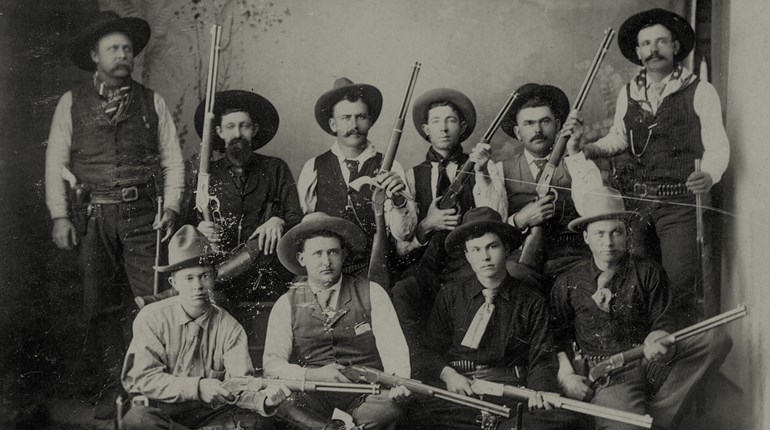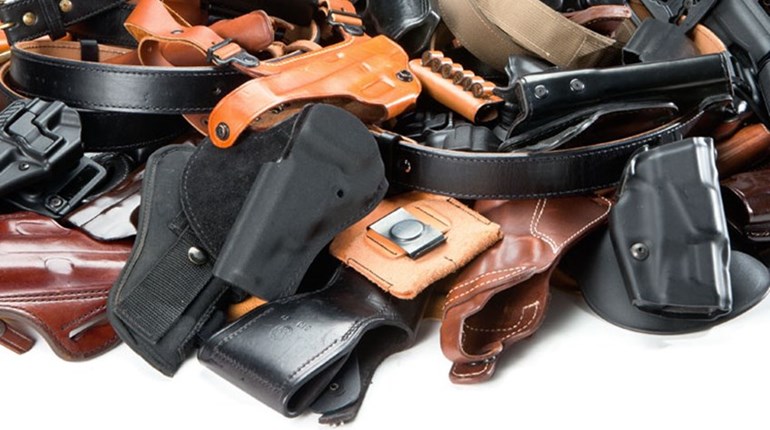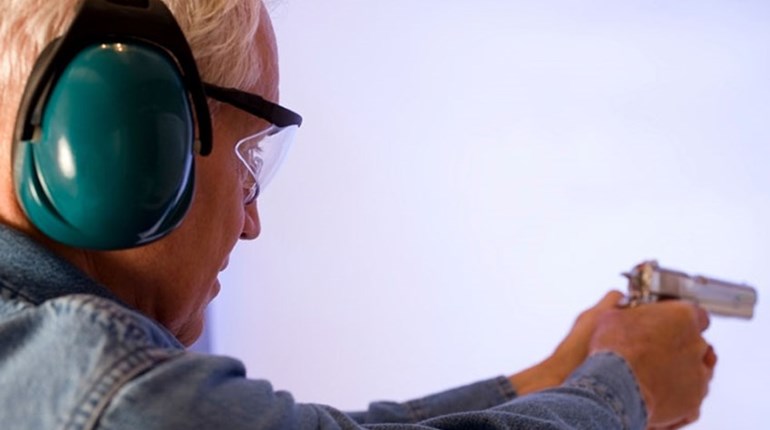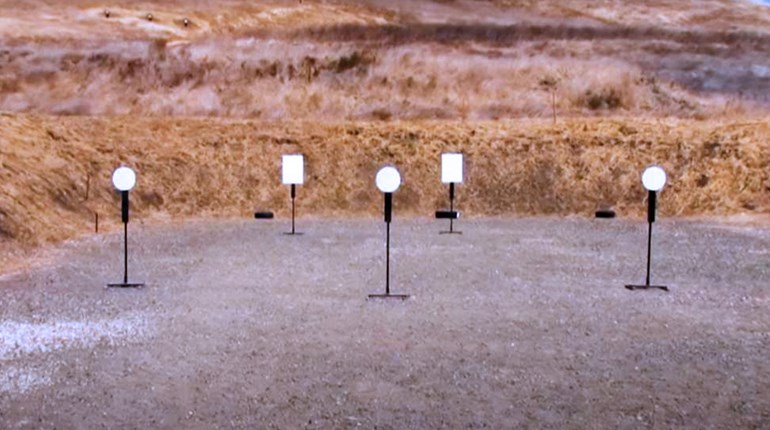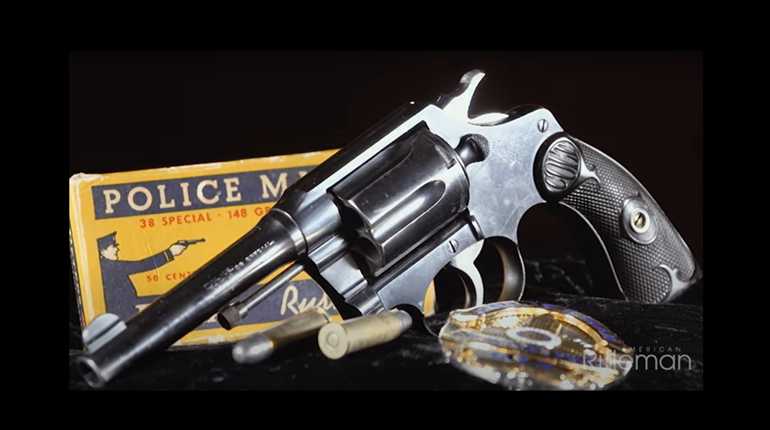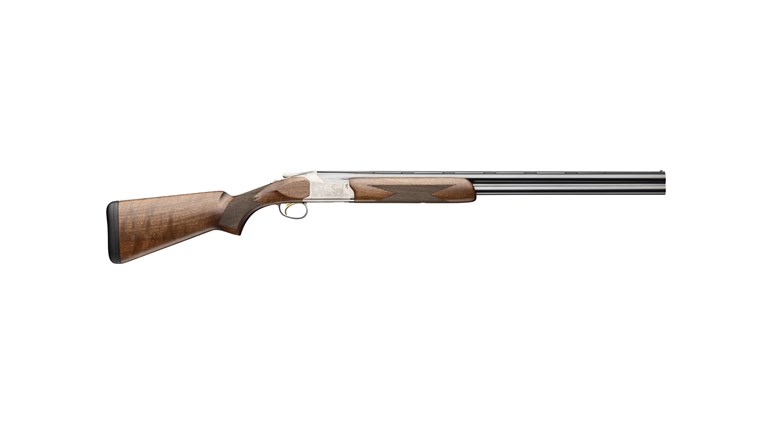
For the second time that morning, I had admonished the student to keep his finger straight and off the trigger, unless his sights were on the target.
Once again, I explained to him why it was important and he told me he understood. As I turned to walk down the shooting line, the student holstered his striker-fired pistol and shot himself in the thigh. Fortunately, it was not a serious injury, only an 8-inch gouge. His first words to me as I began giving first aid, were, “I’m sorry. It was an accident.”
Recently, a group of guys were filming a music video. For some reason, one of them decided he would put an “unloaded” gun to his head and pull the trigger. He shot himself in the head and was dead on the spot. In reporting this tragedy, the news referred to it as a “shooting accident.”
Let’s be really clear about this: For our purposes, an accident is something that occurs, usually resulting in damage or injury, and is completely beyond our control. Being struck by lightning, for example, might qualify as an accident. Negligence, on the other hand, is an incident within our control that often causes damage or injury, but it could have been avoided had we been paying attention.
Both of the incidents I cited above are examples of gross negligence—not accidents. In fact, most cases of a firearm discharging unintentionally are properly called a “negligent discharge,” although I suspect people prefer to use the term accident because it somehow implies no one was really at fault. It also opens the door to being able to claim there was probably something wrong with the gun. In fact, this sort of thinking is no different than the anti-gun crowd blaming an object, instead of a person, for a crime. Fortunately, negligent discharges don’t occur often, but that is not much consolation if you are the victim of the negligence.
I suspect the main reason novice shooters experience negligent discharges is because they try to do too much, too fast. They buy a gun they don’t really understand and they immediately set out to start handling it the same way they see some experienced shooter performing on TV. In my younger days, cowboy fast draw was all the rage, and it was not uncommon to hear of some neophyte whose trigger finger was faster than his draw. This generally resulted in a bullet hole somewhere in the lower part of his anatomy. When dealing with loaded firearms, instant gratification should not be a goal.
The second pitfall for new shooters is the failure to get professional training. Folks have a tendency to assume we should learn to shoot the same way our dads and granddads did—by doing it. After all, this is America, isn’t it? While there are a number of excellent firearms training facilities around the country, some folks think they are just too expensive. Often overlooked are the excellent classes offered by the National Rifle Association that can be taken at a very reasonable cost. Professional gun training is a shortcut to efficient, safe gun handling, usually without the expense of stitches, Band-Aids and potential hospital bills.
Just to be fair, we have to realize experienced shooters can also be guilty of negligent discharges. It is the rare police station that doesn’t have a hole or two in the ceiling, a wall or some other place where bullet holes should not be. The same can be said for some shooting ranges and hunting lodges.
I think the main reason negligent discharges occur with experienced shooters is because the shooter has handled guns for so long, he no longer truly believes they are dangerous. It is the same sort of complacency that causes farmers to get hurt with chain saws and tractors, or ranchers to get gored by their cattle or kicked by that gentle horse. A little bit of fear is a good thing.
Years ago, Col. Jeff Cooper became concerned about the wide variety of gun-safety rules. He also felt some lists of rules were so long, a person couldn’t possibly memorize them. With this in mind, he set out to develop a list of gun-safety rules that was not only short, but extremely easy to remember. New shooters should memorize them and take them to heart. In fact, all shooters should review them on a regular basis just to remind themselves how easy it is to avoid a negligent discharge. There are four, and they are simple.
1. All guns are always loaded. Notice this doesn’t say “treat all guns as if they are loaded.” If the music video guy took this rule to heart, there is no way he would have pulled the trigger while the gun was pointed at his head. In fact, he wouldn’t have pointed it at his head at all.
2. Never let the muzzle cover anything you are not willing to destroy. I once watched a gun “expert” reviewing a new handgun for a TV show. During the 2-minute segment, he pointed the gun at some part of his body eight times. He believed it was unloaded and, in fact, it probably was. But what sort of example was he setting for viewers?
3. Keep your finger off the trigger until your sights are on target. This was a tough one for all of us lawmen who came up during the revolver days. We learned your finger went to the trigger as an integral part of gripping the pistol in the holster. Well, the simple fact is if you keep your finger off the trigger, it’s nearly impossible for the gun to go off unintentionally. In reality, violation of this rule is probably responsible for most negligent discharges involv-ing handguns.
4. Be sure of your target and what is beyond. I was once called as an expert witness in a case where two men were turkey hunting. Making their stalk, the two split up and one hunter got a shot at a tom. He missed, but his bullet struck his partner in the femoral artery. Needless to say, the resulting death wasn’t an accident, it was negligence.
Gun owners and shooters need to live by these four simple rules. They are easy to remember, and I don’t really care if you can repeat them in order. Know them, live by them and demand those around you to do the same. And, for goodness sake, remember an unintentional discharge isn’t an accident, it is a negligent discharge.














